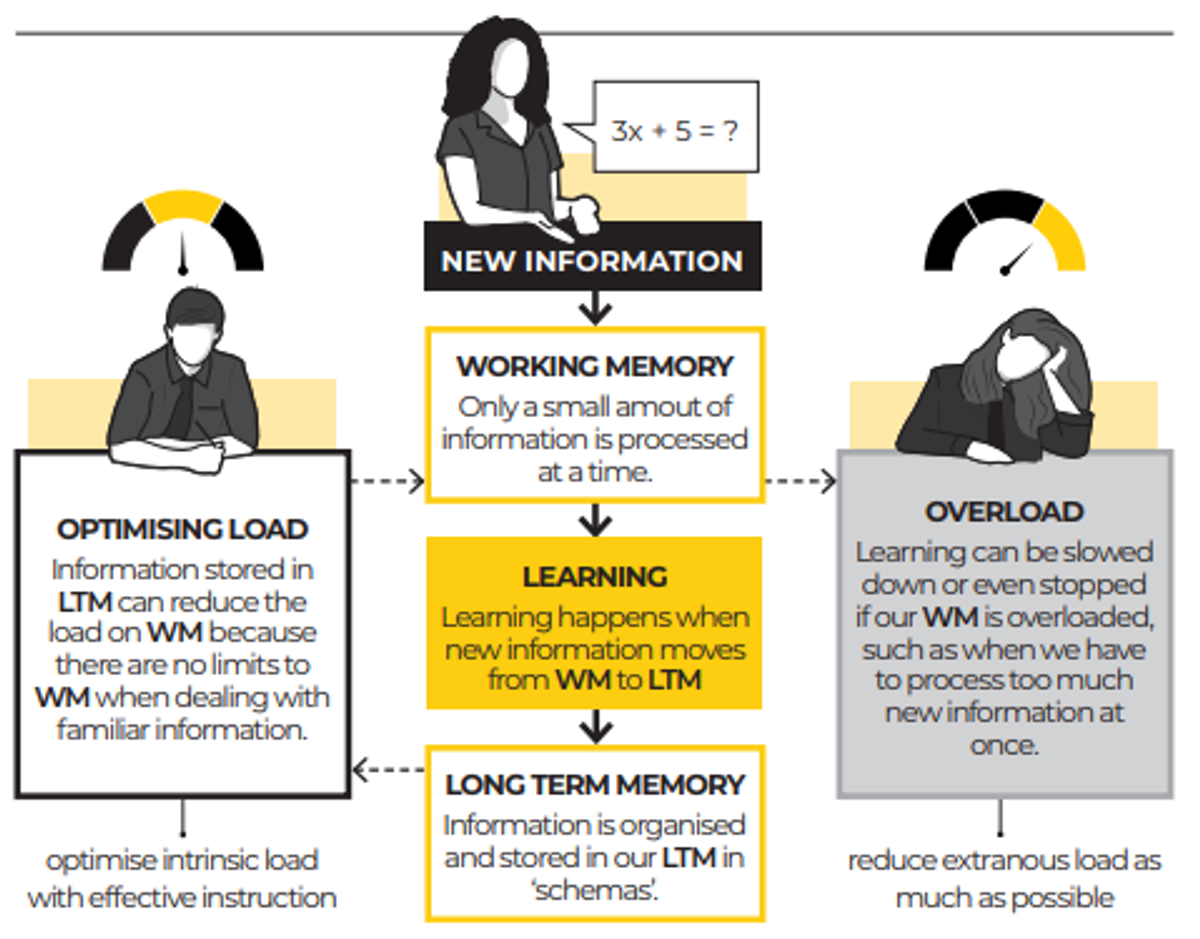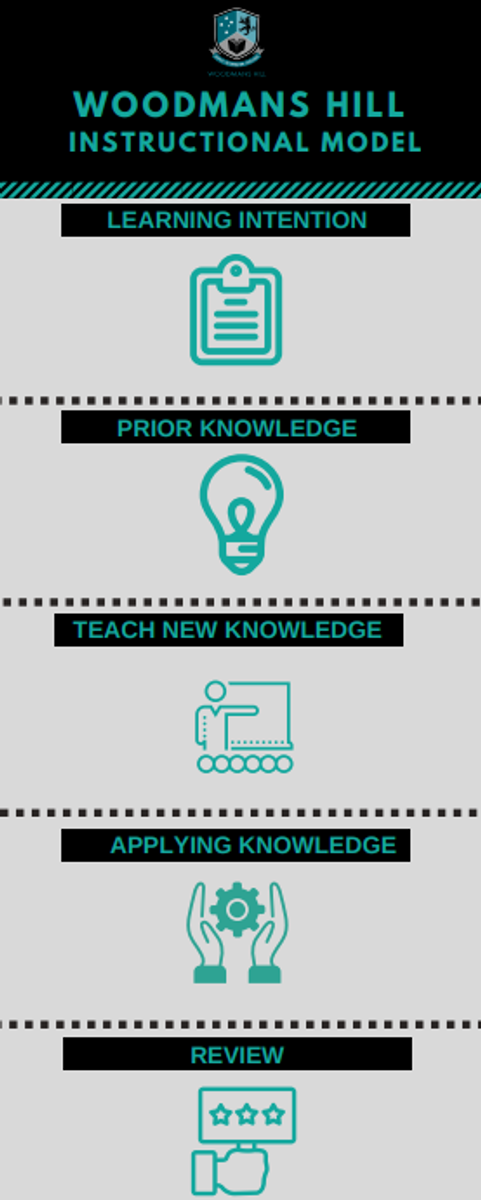Teaching and Learning
Steve Sirrals

Teaching and Learning
Steve Sirrals
NAPLAN
Over the next few days, you will receive your child’s NAPLAN results. As you know, NAPLAN is a national literacy and numeracy assessment that students in Years 3, 5, 7 and 9 complete each year. As students’ progress through their school years, it’s important to check how well they are learning the essential skills of reading, writing and numeracy.
NAPLAN assesses the literacy and numeracy skills that students are learning through the school curriculum and allows parents/carers to see how their child is progressing against national standards.
It’s important to note that NAPLAN is just one aspect of a school’s assessment and reporting process, offering a snapshot at one point in time.
NAPLAN doesn’t replace ongoing assessments made by teachers about student performance, but it can provide teachers with additional information about students’ educational progress.
The website https://www.nap.edu.au/naplan/for-parents-carers offers support for parents.
As you will see from the information that accompanies their results, NAPLAN has significantly changed the way in which they report to families. NAPLAN now reports on 'Proficiency Standards': 'Exceeding', 'Strong', 'Developing' & 'Needs Additional Support'. There is an explanation provided for each category and they refer to how your child performed in relation to the Australian Curriculum Standards.
As Stephan Fields communicated through Compass, those students who achieved 'Exceeding' in any of the tests will receive a certificate with their results. If your child received a 'Needs Additional Help' for any of the tests, we will contact you over the course of the next week to discuss ways that we might support your child's learning moving forward.
There is a significant amount to celebrate with our Woodmans Hill 2023 NAPLAN data and we will look for ways to share this with our community as the Term continues.
Professional Learning
At the beginning of term, our staff professional learning has been centered around cognitive load theory and the routines we can develop to reduce cognitive overload.
Cognitive load theory relates to the amount of information that working memory can hold at one time, and our job as teachers is to be deliberate with our instruction to ensure that information moves from short-term memory to long-term memory (learning), reducing overloading with unnecessary information.


(Centre for education statistics and evaluation 2017)
From this initial learning, we focused on the routines in our lessons, being deliberate in ensuring they are consistent (where possible) between classes. We focused our attention to our WH instructional model, looking at how students learn through each segment of the lesson and how we can be really clear and concise through consistent visual and auditory cues of the current stage of learning.


What does all this mean?
It means that we are really focusing our professional learning on the science of learning. It means that in classes, teachers are being more and more deliberate with our instructional practices to ovoid overload, therefore avoiding the hindering of moving key information from short term memory to long term memory, such as:
It also means that students will be noticing consistent use of imagery on our whiteboards and PowerPoint presentations, consistent verbal cues as we move through the learning sequence, reduction of irrelevant information and displays and an increased use of formative assessment strategies as we check for understanding, such as the use of mini whiteboards.
We are keen to seek out student thoughts and reflective experiences regarding our Lesson sequence, (shown above)
In week 4, our Year 11 students will be providing feedback to staff on what they find effective as we are explicit with our language of learning. These forums are vital to our measurement of the impact of focus.
Later in the term, Kate Willmott will be working with students in the WH student leadership to ensure that all our staff created responses and cues are in student friendly language and also developing displays and ways to communicate this work with the wider school cohort.
Learning Walks
At Woodmans Hill, we regularly engage in the Learning Walk procedures. Learning Walks are designed as a data collecting process, as schools monitor the impact of their collective focus. The five questions that we asked students in Semester 1, as we regularly visited classes were:
In semester 2, we continue to ask these five questions, with an additional question:
This allows us to hear directly form students, their understanding of their individual understanding of where they are at, where they are going, and how will they get there with their current learning.
PTSC (Parent Teacher Student Conversations)
During week 9 Term 3 (4th – 8th September), we will be holding our Semester 2 PTSCs. We are currently revising our structure of this, having reviewed our PTSC Semester 1 data.
Our Semester 1 data shows that we were close to full booking capacity for most students, parents and teachers. It’s really important that we ensure the process offers enough available booking opportunities for parents to speak with all their child’s subjects’ teachers. This is the cause for the review, as we look at how available PTSC timeframe, taking into account working parents.
Once this has been decided it will be communicated to parents and students on Compass.
PTSCs will continue to be in the online format for Semester 2 2023.